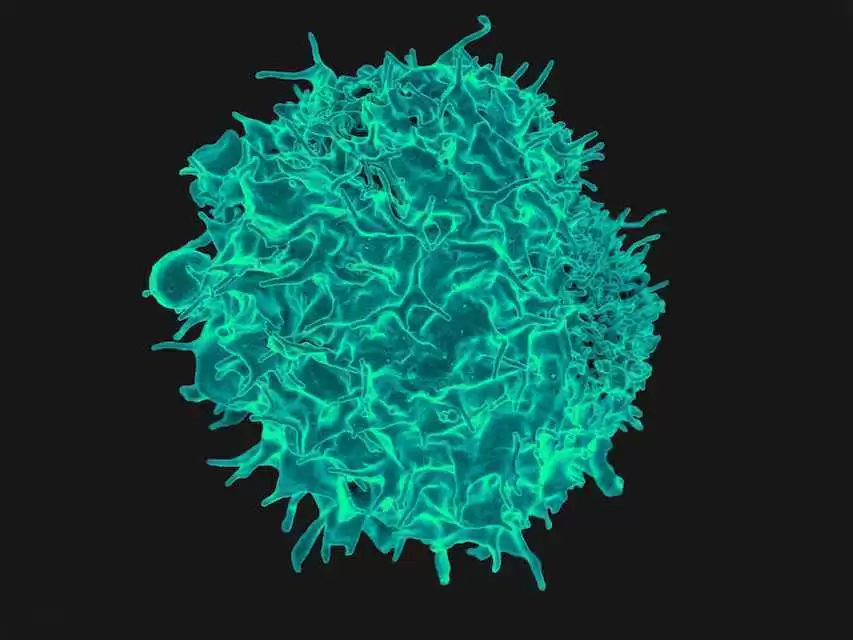
Celiac.com 10/31/2022 - An exciting new study shows that CAR T-cell treatment sends lupus into remission, raising hopes it could be used to treat other autoimmune diseases such as celiac disease, rheumatoid arthritis and multiple sclerosis.
In the study, five people suffering from severe lupus became the first patients to receive the new therapy, which uses genetically altered cells to force the illness into remission. Lupus is an autoimmune disease that can cause life-threatening damage to the heart, lungs, brain and kidneys. The origins of lupus are poorly understood, but researchers believe it may be triggered by viral infections, certain drugs, and changes in the body during puberty and menopause.
Celiac.com Sponsor (A12):
Doctors in Germany treated the four women and one man, ranging from 18 to 24 years old, with transfusions of CAR T-cell therapy of modified immune cells to treat their severe lupus. For all five patients, the treatment pushed lupus into remission. All five patients have now been off lupus medication for between three and 17 months.
CAR T-cell therapy involves collecting the patient’s T-cells, which are a crucial part of the immune system, then genetically altering them so that when they are re-infused back into the body, they attack new targets, such as cancer cells, or, in this case, cells damaged by lupus.
The approach was first used to successfully treat a leukemia patient in 2015, and since then has proven successful at against a number of cancers.
In the latest study, doctors modified T-cells from the lupus patients so that, upon re-infusion into the patient's body, they attacked the patients’ B cells. In lupus, B cells churn out autoantibodies, which attack healthy tissues instead, instead of defending the body against invading pathogens as they normally do.
Blood tests on the patients showed that their B cells recovered about four months after the treatment, they no longer produced the malfunctioning antibodies, and the patients remained disease-free. The team suggests that the therapy led to a “rebooting of the immune system”.
Originally, the lupus affected multiple organs in each of the patients. However, after the treatment, the severe symptoms including arthritis, fatigue, heart valve fibrosis, and lung inflammation all cleared up.
The results of the study and the treatment bode well, not just for other patients with lupus, but for patients with other autoimmune conditions, such as celiac disease, rheumatoid arthritis and multiple sclerosis. Stay tuned for more on this and related stories.
Read more in theguardian.com








Recommended Comments
There are no comments to display.
Create an account or sign in to comment
You need to be a member in order to leave a comment
Create an account
Sign up for a new account in our community. It's easy!
Register a new accountSign in
Already have an account? Sign in here.
Sign In Now